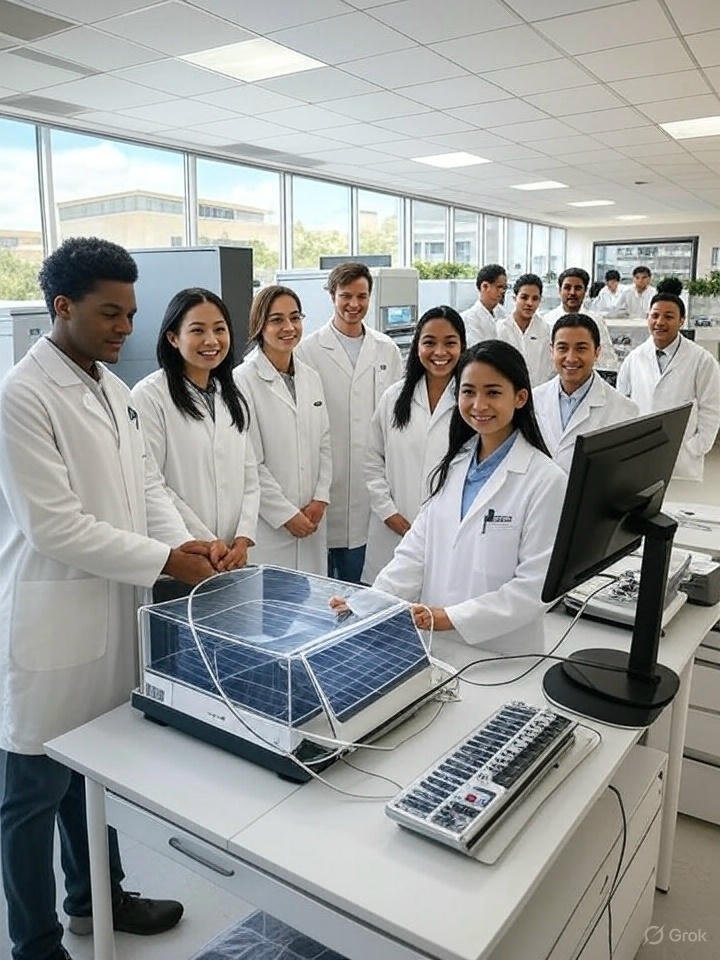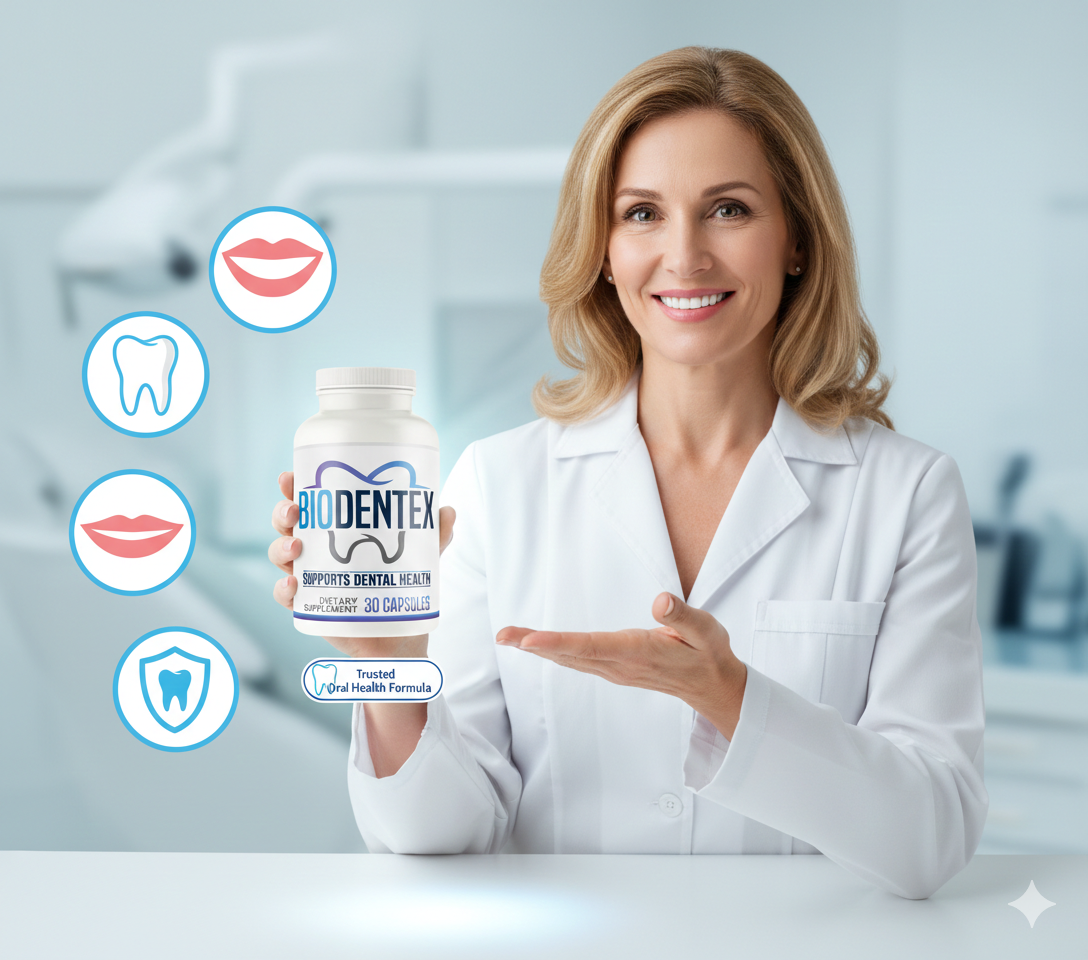Austin, Texas, is widely celebrated for its vibrant music scene, thriving tech ecosystem, and cultural diversity. However, in recent years, the city has emerged as a significant player in the pharmaceutical industry, quietly transforming into a hub for innovation in healthcare and life sciences. With a unique blend of academic excellence, entrepreneurial spirit, and cutting-edge technology, Austin’s pharmaceutical sector is driving advancements in drug development, clinical research, and patient care.
This growth is fueled by a supportive business environment, a highly educated workforce, and collaborative partnerships that bridge academia, industry, and healthcare providers. As Austin continues to attract pharmaceutical companies, from global giants to nimble startups, it is reshaping the future of medicine and cementing its place as a key contributor to global healthcare solutions.
A Thriving Ecosystem for Pharmaceutical Growth
The rise of Austin’s pharmaceutical industry is no accident. The city’s ecosystem is uniquely suited to foster innovation in life sciences. At the heart of this growth is the University of Texas at Austin, a world-class institution that produces top-tier graduates in pharmacy, biochemistry, and biomedical engineering.
The university’s research programs, coupled with facilities like the Dell Medical School, provide a steady stream of talent and cutting-edge discoveries that fuel the industry. Beyond academia, Austin’s reputation as a tech hub plays a critical role. The convergence of technology and healthcare has led to advancements in areas like precision medicine, artificial intelligence, and big data analytics, all of which are being harnessed by pharmaceutical companies to optimize drug development and improve patient outcomes.
The city’s business-friendly environment also makes it an attractive destination for pharmaceutical firms. Low taxes, minimal regulatory hurdles, and access to venture capital create fertile ground for startups and established companies alike.
Organizations like the Austin Chamber of Commerce and the Texas Healthcare and Bioscience Institute actively advocate for policies that support industry growth, ensuring that companies have the resources they need to thrive. Additionally, Austin’s quality of life—marked by a vibrant cultural scene, affordable living compared to other major cities, and a welcoming community—attracts skilled professionals from across the country, further strengthening the industry’s workforce.
Innovation at the Core: Austin’s Pharmaceutical Advancements
Austin’s pharmaceutical industry is defined by its commitment to innovation. Companies in the city are tackling some of the most pressing challenges in healthcare, from developing therapies for rare diseases to improving drug delivery systems. One standout example is AustinPx, a pharmaceutics company that has revolutionized the industry with its KinetiSol™ Technology.
This next-generation amorphous solid dispersion technology enhances the solubility of poorly soluble active pharmaceutical ingredients, offering a greener and more efficient approach to drug formulation. In 2024, AustinPx received prestigious industry awards, including the CPHI Accelerating Innovation Award and the Interphex Best Technologies Innovation Award, underscoring its impact on the global pharmaceutical landscape.
Startups are also making significant contributions. TenOaks BioSciences, for instance, is pioneering personalized medicine by developing diagnostics and treatments tailored to individual patients. This approach not only improves outcomes but also addresses unmet medical needs, particularly for rare diseases that larger pharmaceutical firms often overlook.
Similarly, ePharm Labs is leveraging technology to streamline drug development processes, using digital solutions to reduce costs and accelerate timelines. These companies exemplify Austin’s entrepreneurial spirit, where bold ideas and risk-taking are driving transformative change.
Collaboration and Partnerships Driving Success
Collaboration is a cornerstone of Austin’s pharmaceutical industry. The city’s ability to bridge academia, industry, and healthcare providers creates a synergistic environment where innovation thrives. The University of Texas at Austin plays a pivotal role in this ecosystem, partnering with pharmaceutical companies to translate research into practical solutions.
For example, the Dell Medical School collaborates with industry leaders to conduct bench-to-bedside research, ensuring that discoveries in the lab quickly reach patients in need. These partnerships provide students and researchers with hands-on experience while giving companies access to cutting-edge science.
Non-profit organizations and industry groups also facilitate collaboration. The Texas Biomedical Device Center (TxBDC), based in Austin, focuses on advancing healthcare technologies, particularly in the realm of biomedical devices. By connecting researchers, engineers, and industry professionals, TxBDC accelerates the development of innovative solutions that complement pharmaceutical advancements. Similarly, the Texas Healthcare and Bioscience Institute (THBI) advocates for policies that support the growth of the life sciences sector, fostering an environment where companies can collaborate and succeed.
Addressing Unmet Needs and Rare Diseases
One of the defining characteristics of Austin’s pharmaceutical industry is its focus on addressing unmet medical needs, particularly in the realm of rare diseases. While larger pharmaceutical companies often prioritize high-demand markets, Austin-based firms are carving out a niche by developing therapies for conditions that affect smaller patient populations. This focus is both a moral and strategic choice, as it provides hope for patients with limited treatment options while positioning companies as leaders in specialized markets.
Savara Pharmaceuticals, for example, is working on a groundbreaking therapy for autoimmune pulmonary alveolar proteinosis (aPAP), a rare lung disease. Their lead program, Molgradex, is in Phase III development and could become the first FDA-approved treatment for aPAP. By targeting rare diseases, Savara is not only addressing a critical gap in healthcare but also demonstrating the power of targeted innovation.
Similarly, XBiotech is developing True Human™ antibodies derived from individuals with natural immunity to certain diseases. This unique approach allows the company to create therapies that are both effective and highly specific, offering new hope for patients with complex conditions.
Sustainability and the Future of Austin’s Pharmaceutical Industry
As the pharmaceutical industry grows in Austin, sustainability is becoming an increasingly important focus. Companies are recognizing the need to balance innovation with environmental responsibility, adopting greener practices to reduce their ecological footprint. Austin Px’s KinetiSol™ Technology, for instance, is not only innovative but also sustainable, requiring a smaller footprint and less energy than traditional drug formulation methods. This commitment to sustainability resonates with Austin’s environmentally conscious culture and sets a precedent for the industry as a whole.
Looking ahead, Austin’s pharmaceutical industry is poised for continued growth. The city’s Innovation District, anchored by the Dell Medical School and the University of Texas at Austin, is expected to attract more companies and talent in the coming years. Planned developments, such as the 300,000-square-foot Block 164 building, will provide state-of-the-art facilities for research and collaboration, further enhancing Austin’s appeal as a life sciences hub. Additionally, the influx of venture capital and real estate investments, such as those by Alexandria Real Estate Equities, signals strong confidence in the city’s future.
The convergence of technology and healthcare will continue to drive Austin’s pharmaceutical industry forward. Advances in artificial intelligence, machine learning, and genomics are enabling companies to develop more personalized and effective treatments. As these technologies evolve, Austin’s ability to integrate them into its pharmaceutical ecosystem will ensure that the city remains at the forefront of innovation. With its talented workforce, collaborative spirit, and commitment to addressing global healthcare challenges, Austin is not just a player in the pharmaceutical industry—it is a leader shaping the future of medicine.




One thought on “The Pharmaceutical Industry in Austin: A Growing Hub of Innovation”
Comments are closed.